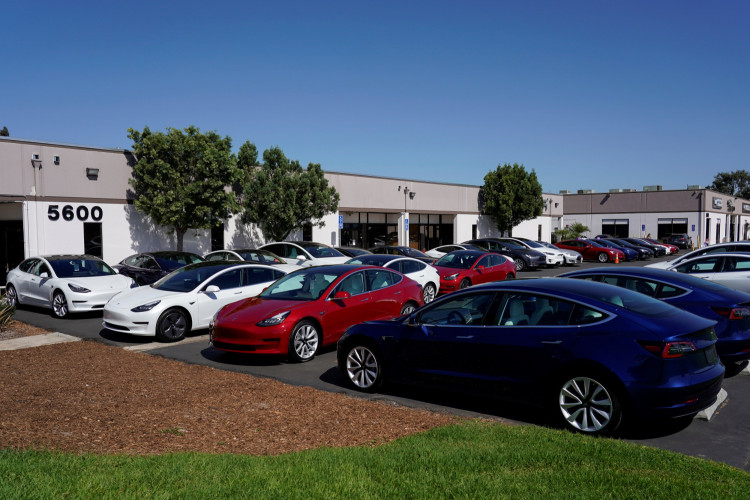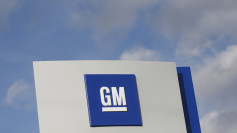Silicon Valley startup DeepScale is becoming part of Tesla as reports emerged the carmaker has pressed on the pedal and going full speed on its vision of producing driverless electric vehicles. With the latest acquisition, Tesla appears inching closer on its goal of creating a fleet of robotaxis.
The concept, as envisioned by Tesla CEO Elon Musk will see privately-owned electric vehicles function too as taxis-on-demand that will generate passive but revenues. The enlistment of these EVs with full autopilot capabilities will make use of the Uber business model, per the plan drawn by Musk.
However, for these robotaxis to run as designed Tesla needs the perfect technology, and the acquisition of DeepScale is another step the company is taking en route to the ultimate goal. DeepScale, according to CNBC, specializes in the creation of computer vision that makes use of low-wattage processors.
These are the kind of processing chips that Tesla requires so EVs can work with sensors, mapping, planning, and control systems - the elements the car needs to read and interpret for more accurate autopilot functionalities.
Specifically, the software module that Tesla will be acquiring from DeepScale will be consuming less than 1% of available processing power, according to WCCFTech, adding that this part of the startup's technology is among the chief reasons Tesla was attracted to DeepScale.
In addition, DeepScale boasts of a technology that highlights modularity and efficiency, which for Tesla translates to a huge boost for its ongoing works on autopilot and artificial intelligence or AI.
As part of DeepScale's integration with Tesla, the latter is poised to absorb fresh talents. The main addition as expected is the startup's CEO, Forrest Iandola, who will be joining Tesla as a senior machine learning scientist.
In support of his professional practice, Iandola earned a Ph.D. in electrical engineering and computer science. His works mostly dealt with machine learning in deep neural nets, which exactly is what Tesla needs for its autopilot initiatives.
The DeepScale team that Iandola will bring along is set to fill in the void created by the exodus of talents that hit Tesla recently. In a report, Electrek noted that Tesla had become the poaching ground of rival companies that came hunting for high-profile engineers and scientists involved in AI and autopilot projects.
"Over the last few years, Tesla has lost many top Autopilot executives and engineers to companies like NVIDIA, GM Cruise, Google, Lyft, and more," the report said.
With its autopilot project now beefed up by the entry of DeepScale, Tesla has set the feature to be ready for testing in 2020, but as clarified earlier by Musk, the initial tests will still involve driver supervision. The full driverless status will only get implemented once high reliability of the feature has been achieved and the regulator's approval has been gained, the company said.






